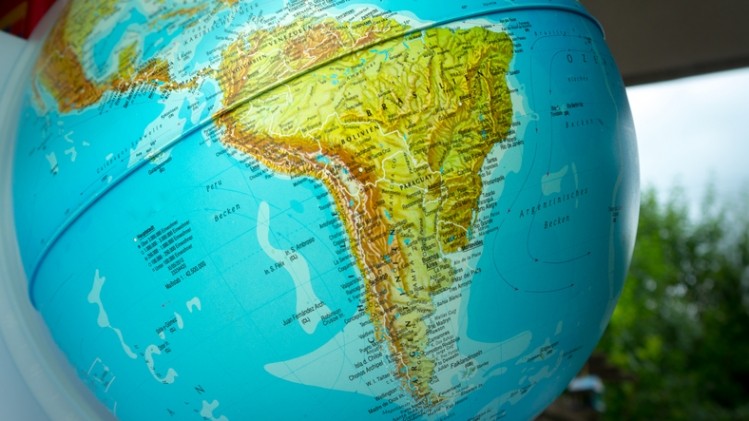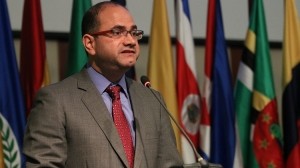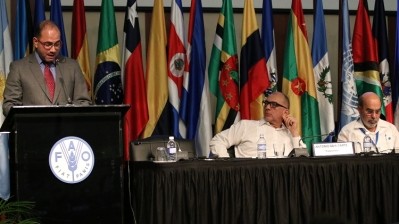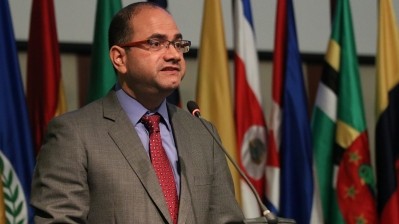ALAIAB president: F&B industry must adapt to 'new nutrition needs' of our modern society

Formed in 2013, ALAIAB is an umbrella trade alliance made up of 22 industry organizations across Latin America, the Caribbean and the US, including the Brazilian Association of Food Industries (ABIA), the Mexican Council of the Consumer Products Industry (ConMéxico), and the Costa Rican Chamber of the Food Industry (CACIA), among others.
The alliance was formed to provide a benchmark for the food and beverage industry, promoting value chain development and public policies that contribute to the well-being of consumers.
Speaking to FoodNavigator-LATAM, Mario Montero, president of ALAIAB, said addressing the nutrition and health needs of consumers in Latin America had to be approached collectively.
“We want dialogue with agencies and governments in pursuit of balanced regulatory frameworks, harmonized and committed to science, as well as the exchange of knowledge and experiences to generate positive impacts in the countries and regions in which the companies that are part of our member organizations operate,” Montero said.
“On issues such as the promotion of health and healthy lifestyles, all the public and private sectors must walk together as a team. The construction of spaces for dialogue to build confidence and credibility will be the key for the policies that we want to arise in the region.”
'It is no longer only quantity, efficiency and productivity'

Montero said over the next five years ALAIAB would strengthen as an institution to tackle the range of challenges facing food and beverage manufacturers in the region; the most significant being the need to adapt to “new nutrition needs” in Latin America's “modern society”.
Whilst there were already plenty of food and beverage manufacturers developing products to meet “diverse needs” of the Latin American population, with natural products and others targeting things like allergies and nutrition, he said more could be done.
“It is no longer only quantity, efficiency and productivity but nutritional composition and creation of opportunities for the promotion of balanced diets. It is not only compliance with local regulations but the need for an environmentally sustainable world.. It is not only the industrial efficiency but an efficient and sustainable chain 'from field to fork' to the final consumer,” he said.
“Topics such as generating scientific knowledge in food terms; a greater attachment of our countries to the Codex Alimentarius; the exchange of experience in the field of wellness and health lifestyles promotion; the construction of spaces for dialogue, credibility and transparency with agencies and governments; or the incorporation of more countries to a unified vision in terms of sustainable development are some of the immediate challenges.”
.Addressing the region's “complex regulatory approaches” whilst doing all this was another significant hurdle, Montero said, especially given the diversity from country to country. Approaches to front of packaging, for example, were extremely varied and often based on criteria with little scientific basis, he said.
Transparency with competitive edge
Improved “trade transparency” could be achieved, he said, if programs became more participatory to include all visions and productive capabilities present in Latin America.
“Our main goal is to join the efforts of multiple organizations so that the food industry can develop with a good environment for business and competitiveness in all the countries of the region,” he said.
Asked what the future for food and beverages in Latin America would be, amidst all the hurdles, he said: “A positive one, full of innovation”.








